coccidia in cats uk
The most common form affecting cats Isospora is not a concern for infecting people unlike Toxoplasma. Feline coccidia are acquired by ingestion of sporulated oocysts from contaminated environments.

Most Common Parasites In Cats Wellesley Animal Hospital
Jump to Latest Follow 1 - 10 of 10 Posts.

. How To Know If Your Cats Sick By Looking For Clues In The Litter Box. Coccidia are parasitic single-cell organisms that live within the intestine and can lead to an infection of the intestinal tract of the dog known as coccidiosis. They are found more often in kittens but they can also infect older cats.
Most cats who develop coccidioidomycosis are young as this is the demographic of cats who tend to be more active outdoors. What Are the Symptoms of Coccidia in Dogs and Puppies. Since coccidia is the name of the parasite itself the infection caused by this parasite is known as coccidiosis.
In severe cases if the organism spreads throughout the body becoming systemic the cat may develop seizures or blindness. Coccidiosis is an intestinal tract infection caused by a one-celled organism called coccidia. Coccidia are small protozoans one-celled organisms that multiply in the intestinal tracts of cats and dogs most commonly in kittens and puppies less than six months of age in adult animals whose immune system is suppressed or in animals who are stressed in other ways eg.
They are highly resistant to environmental conditions so cleanliness is important to prevent re-infection. The cause of coccidia in cats is a parasite that infects the host. Cats 25 25 mgmL.
Coccidia in cats are one-celled parasites that live in the intestinal lining of animals and cause an infection known as coccidiosis. There are actually a number of different parasites that can cause the condition including the parasites Hepatozoon Isospora felis Isospora rivolta Toxoplasma gondii and Sarcocystis. The coccidia can then re-infect the same cat or infect new cats when the infective oocysts are swallowed from licking the floor or toys by eating soil grass or plants or drinking water that had been contaminated with coccidia.
Coccidia are tiny single-celled parasites that live in the wall of your cats or dogs intestine. The cat may develop lameness andor weakness as well as back and neck pain. Joined Jul 31 2005 3 Posts.
Coccidia are single-celled organisms that can act as a parasite after infecting your cat through the gastrointestinal tract. The main way that a cat can become infected is by ingesting the feces of another infected animal. Symptoms include watery stool with mucus or blood fever and in some cats neurological.
Coccidia are single-celled protozoan parasites that nearly all cats are exposed to in their lifetime. The condition can also affect cats but it is not transmittable to humans. In cats most coccidia are of the genus group called Isospora.
Does anyone know how common this disease is. Coccidia contaminate the indoor or outdoor environment from the stool of an infected cat. Cats become infected by swallowing soil that contains coccidia or other substances in the environment that may contain cat feces It is also possible that.
Clinical coccidiosis although not common has been reported in kittens and puppies. The good news is that healthy adult cats rarely get sick with coccidia and most cats can beat coccidia infections on their own without treatment. While the disease may begin in the intestine it is possible it will become systemic and affect the overall well-being of the cat.
They are microscopic parasites that live within the cells that line the intestine. Usually coccidiosis is associated with other infectious agents immunosuppression or stress. The most common clinical signs in severe cases are.
Ad Making Sure Your Cat Gets Help When They Need It. Coccidiosis is an intestinal tract infection caused by a one-celled organism a protozoa called coccidia. Discussion Starter 1 Aug 6 2005.
In kittens it is seen primarily during weaning stress. Coccidia are small protozoans that live in the intestinal tract of dogs and cats. In the UK clinical coccidiosis is most often seen in lambs aged four to eight weeks old and it is not common in animals over three months old unless they are debilitated.
Cats 25 25 mgmL. The most common clinical signs in severe cases are diarrhea sometimes bloody weight loss and dehydration. Coccidia in kittens and cats inhabit the intestinal tract.
When coccidiosis in cats is severe it can be fatal especially in cats which are already immunodepressed. In cats coccidia live in the intestinal tract and can cause diarrhea they are often confused with intestinal worms but coccidia is not worms. Coccidia is a protozoan that infects the intestinal tract of cats and other species and causes coccidiosis.
Change in ownership other disease present. There are several species of these tiny parasites that are found in cats and other mammals and some species are contagious to humans. Symptoms of coccidia are usually seen in kittens less than 6 months of age or adult cats with weak immune systems but coccidia can be present in cats of any age and breed.
Cats who dig in the.
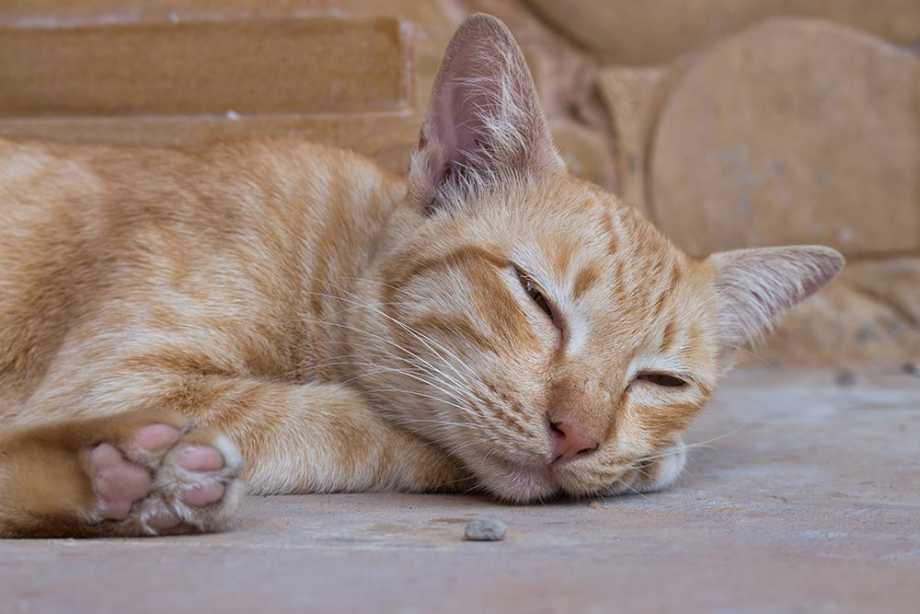
Coccidia In Cats Small Door Veterinary

Coccidia In Cats Signs Symptoms And How To Treat This Infection Daily Paws
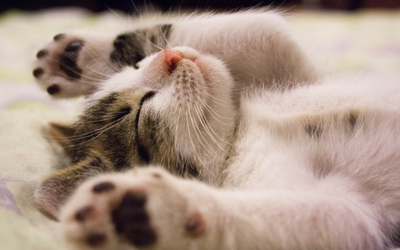
Coccidiosis In Cats Vca Animal Hospital

Companion Animal Parasite Council Coccidia
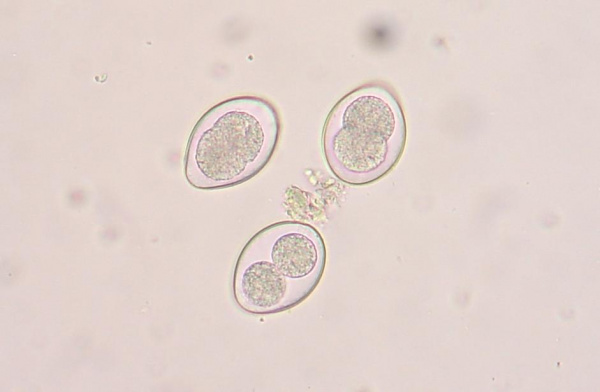
Coccidiosis In Dogs Vca Animal Hospital
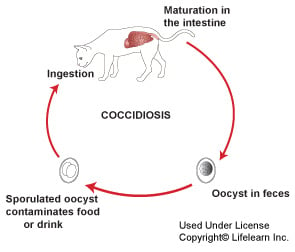
Coccidiosis In Cats Vca Animal Hospital
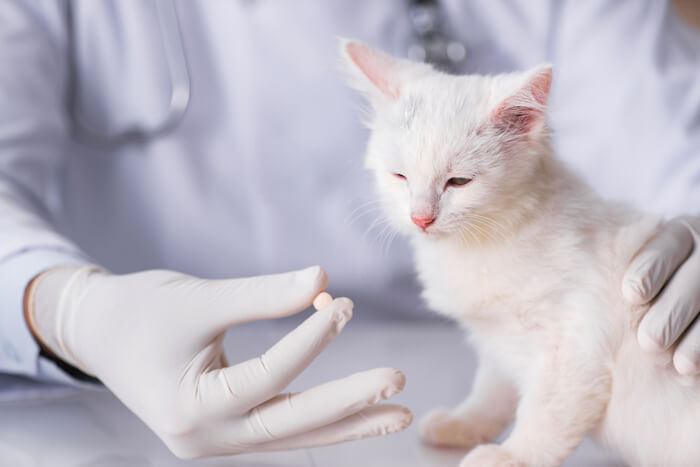
Albon For Cats Dosage Safety Side Effects All About Cats

Coccidial Oocysts From Cat Feces A Unsporulated Oocysts Of Download Scientific Diagram

Internal And External Parasites In Cats Front Street Animal Hospital
Coccidiosis In Dogs And Cats And Other Animals

Internal And External Parasites In Cats Front Street Animal Hospital
Coccidiosis In Dogs And Cats And Other Animals
Coccidiosis In Cats Felis Catus J P Dubey Taylor Francis Gro
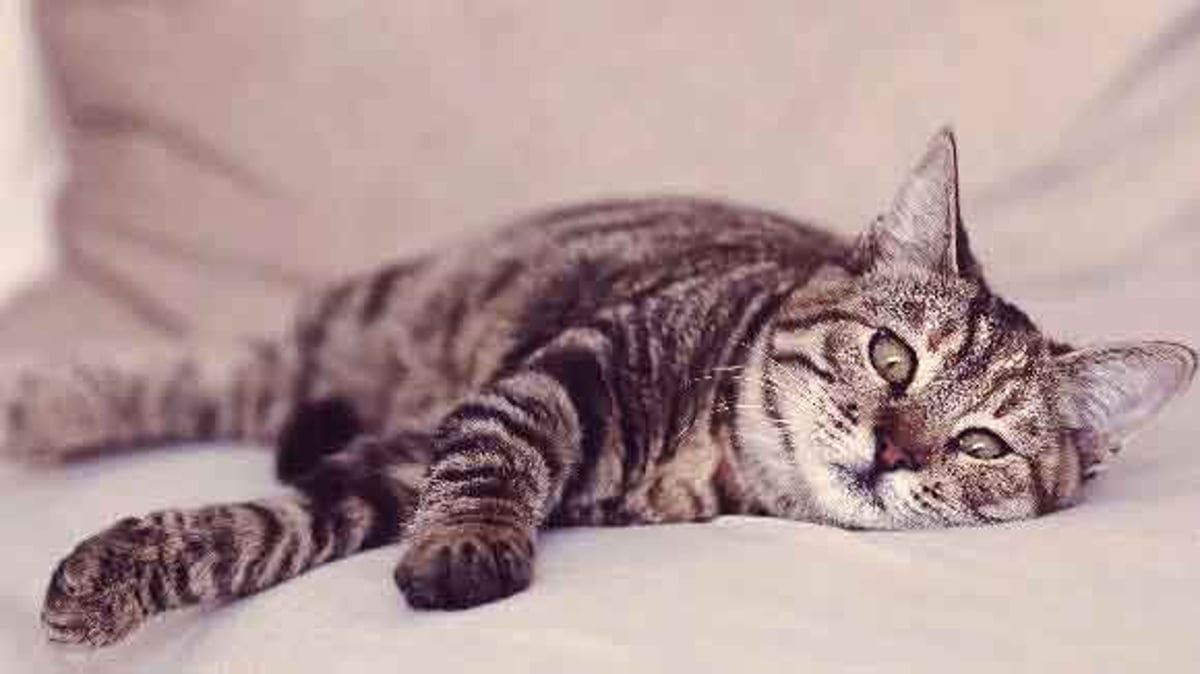
Everything You Need To Know About Coccidia In Cats Petcarerx

Companion Animal Parasite Council Coccidia

Companion Animal Parasite Council Coccidia
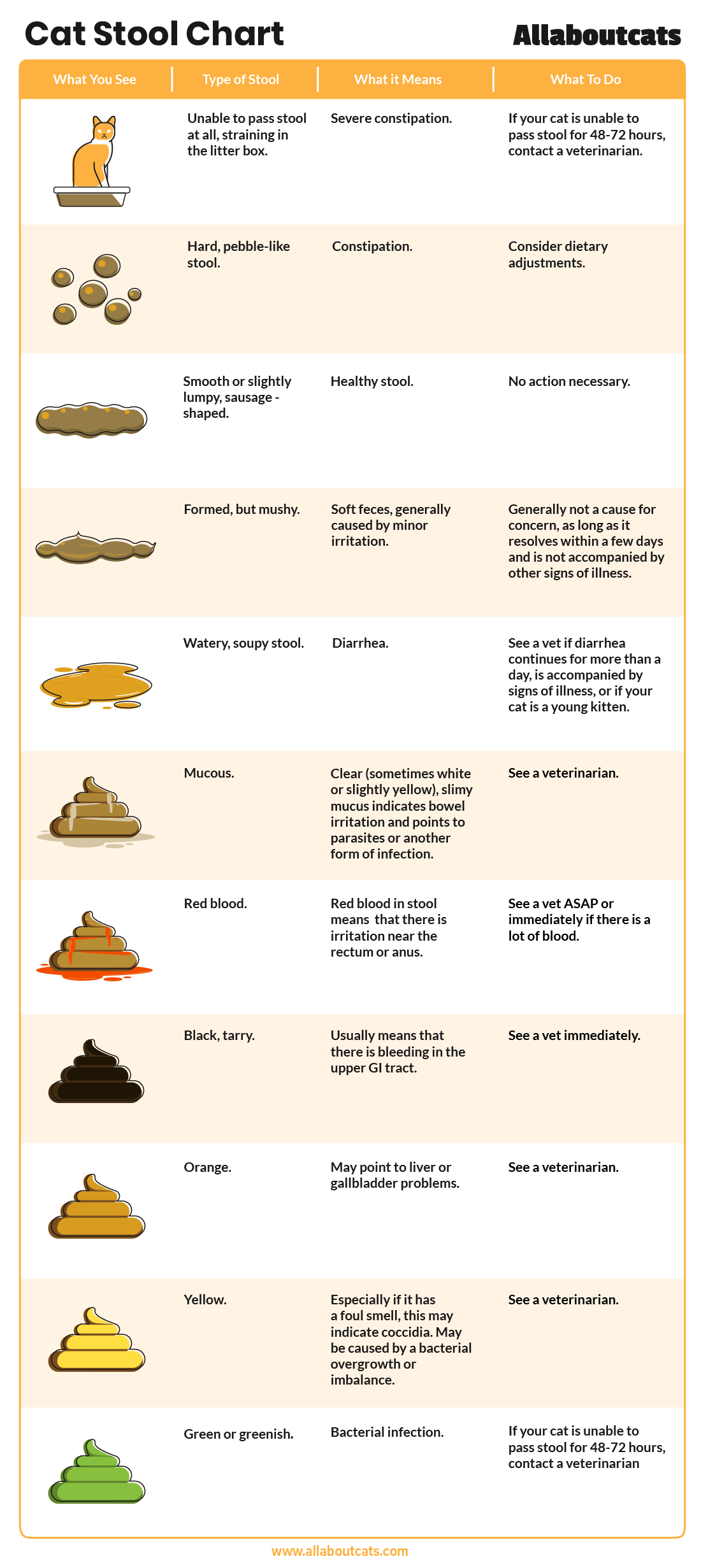
Vet Approved Cat Stool Chart Decoding Your Cat S Poop All About Cats
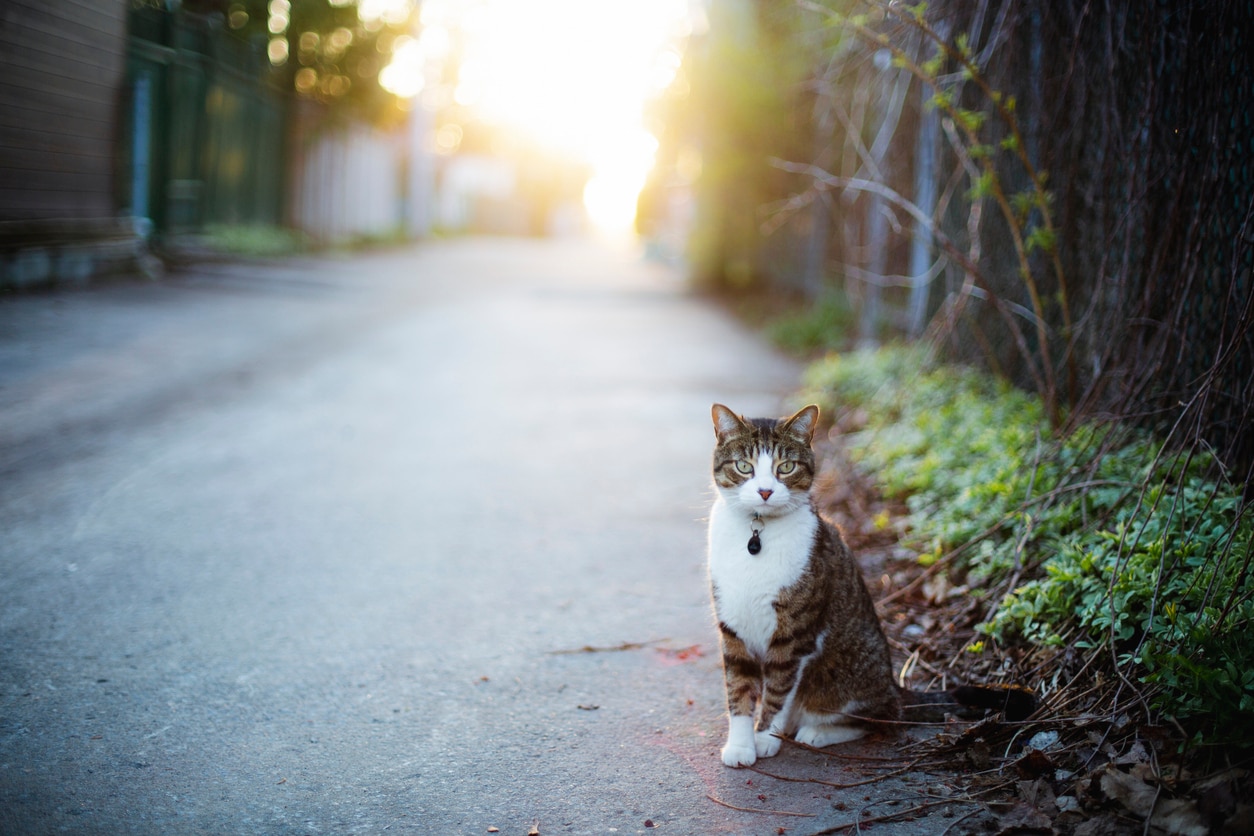
/ginger-cat-relaxing-1142424184-4e02175d72634795b60258da0a521b5f.jpg)